The Best Online Privacy Memes To Brighten Up Your Day
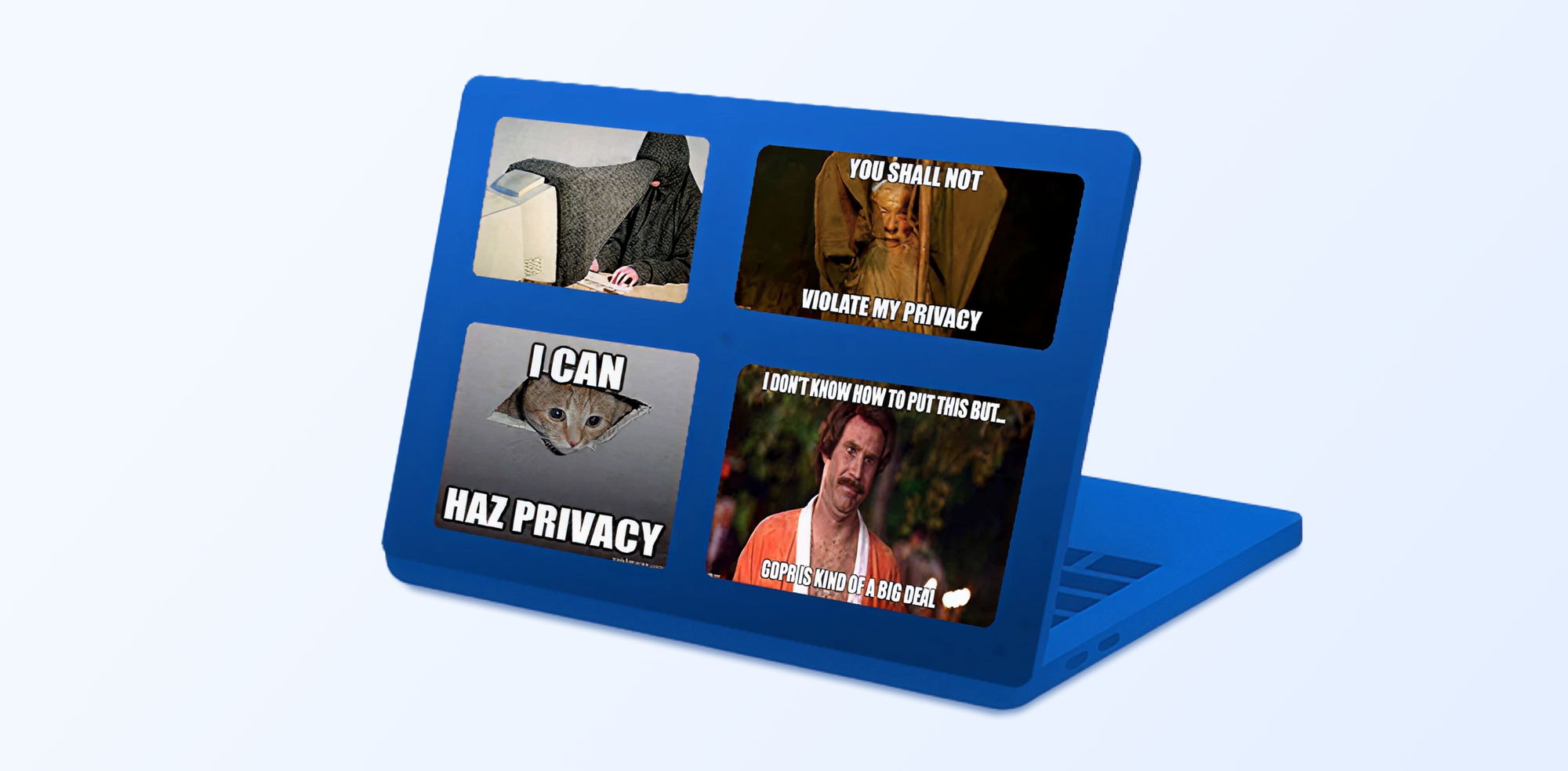
Need some time out from work, school, or life in general?
No need to worry, we've compiled our own list of online privacy memes about tech, cybersecurity, and online privacy to brighten up your day, even if just for a little bit.
If you like what you see here, you may also wanna check out our articles on
We hope you enjoy these and maybe learn a little something too!

The best privacy memes about privacy, tech, and more
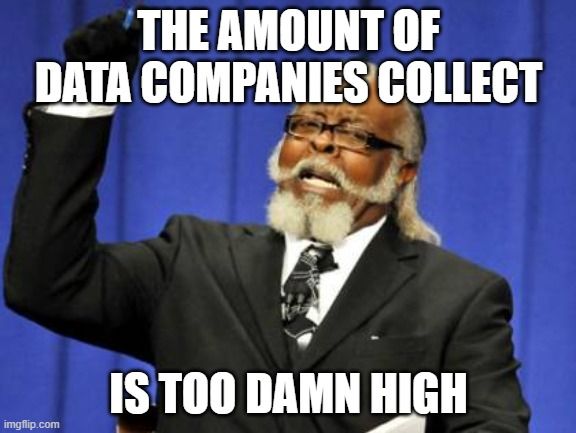
Do you know how much Google knows about you?
Some of this data includes:
- Personal information: Your name, phone number, gender, date of birth
- Your email addresses
- Where you live
- Where you work
- Your interests
- Things you search for
- Websites you visit
- Videos you watch
- Ads you click on or tap
- Your location
Why do companies want this information? To make money from outside companies, which bid on your data to send you targeted ads.
Google collects the most data, followed by Twitter, Amazon, Facebook, and Apple.
Fortunately, you can monitor your Google Activity and other social media platforms in your settings to prevent the risk of your data leaking online
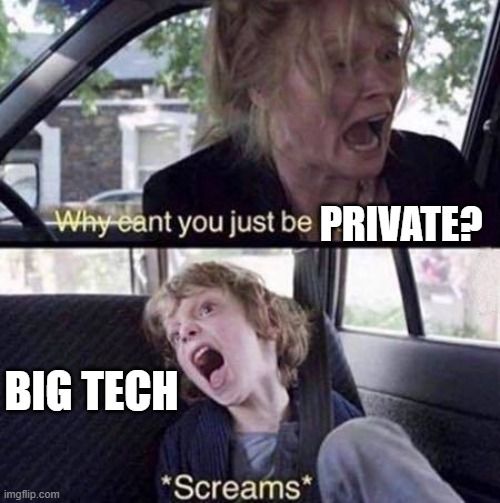
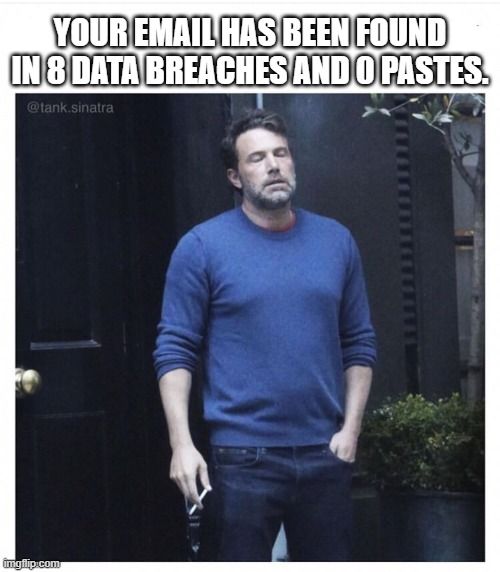
So, how do you find out if your data has leaked online?
With Internxt, we offer a free Dark Web Monitor to find out if your email, phone number, password, and more have leaked on the dark web.
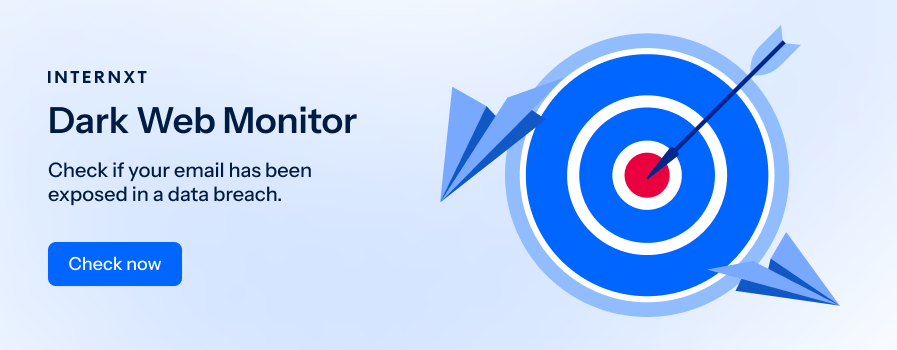
Simply enter your email, and we'll give you immediate results. If your information has leaked online, we recommend changing to a strong password, enabling multi-factor authentication for extra account security.
Internxt will also include a Dark Web Monitor in its paid plans soon, so we can alert you straightaway if your email has leaked on the dark web.
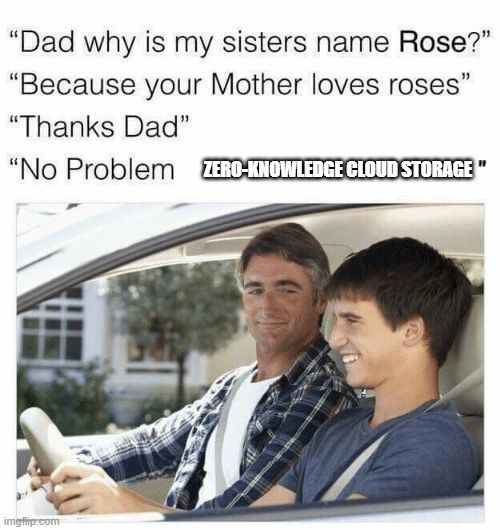
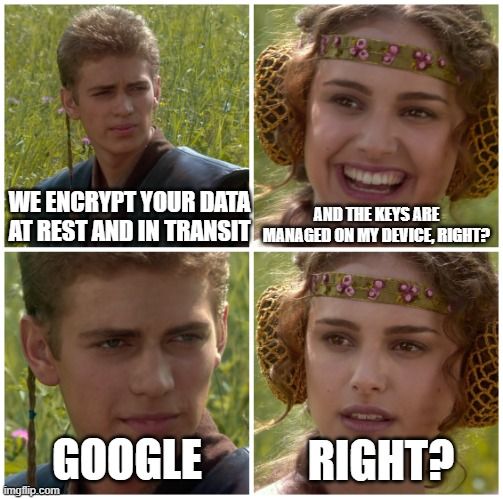
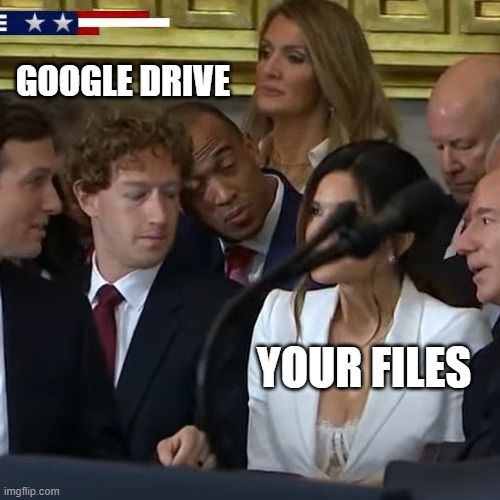
Zero-knowledge cloud storage is the best and most private way to secure your cloud files. ZKE manages and encrypts files directly on your device, as opposed to Big Tech companies that manage these keys on their own servers.
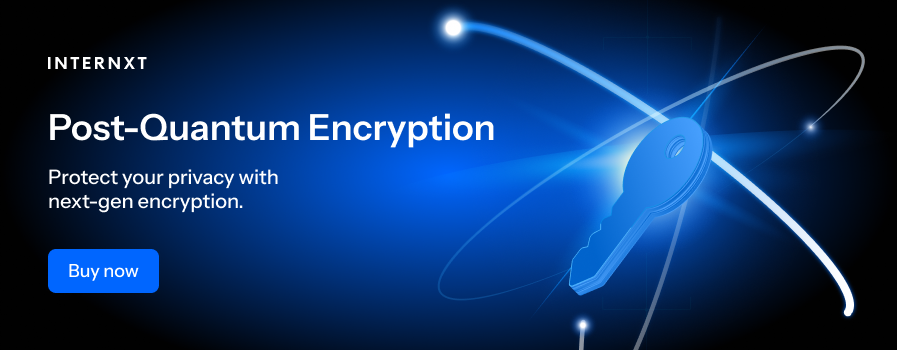
If the companies are told by the government or law agencies to give them access to your files, they can give them access to your files as they hold the encryption keys. This lack of respect for your privacy is a way many people are choosing zero-knowledge and European tech companies, who value the privacy of their users.
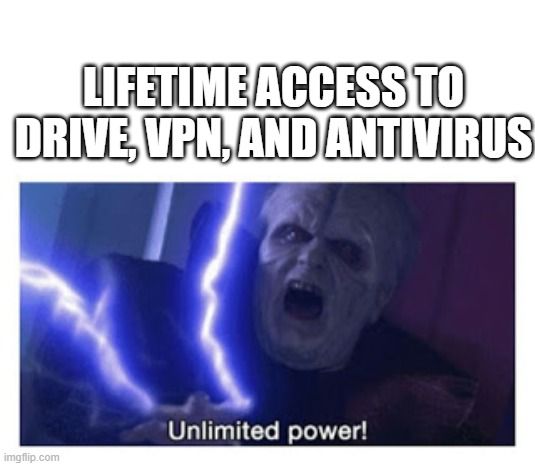
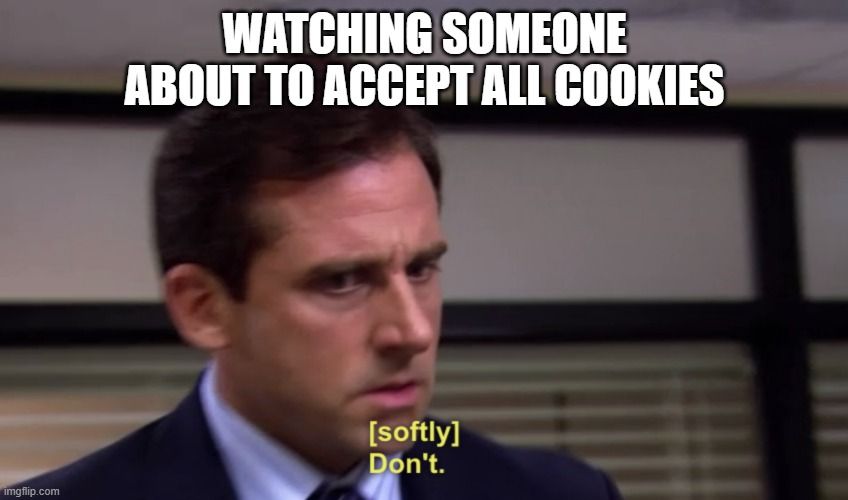
Web cookies are data packets consisting of information designed to make the websites or web pages you visit more personalized and convenient. Cookies can collect your viewing history, preferred websites, and what kind of content you click.
This data can be relayed to advertising providers to place ads you are much more likely to engage with whenever you visit new websites.

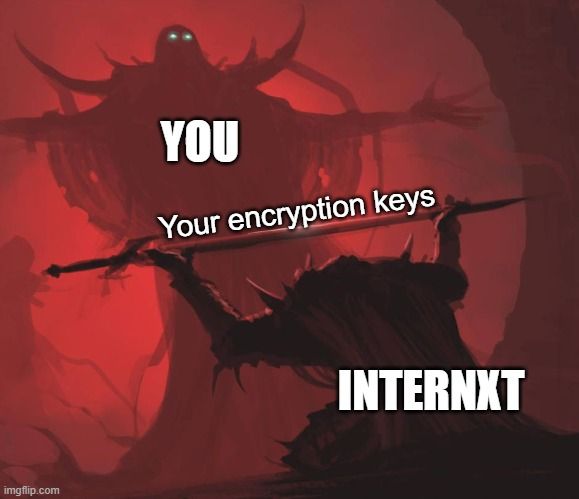
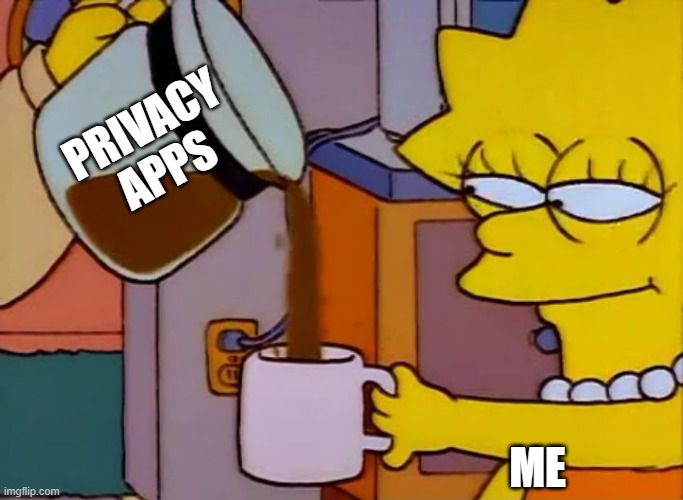
Fortunately, there are many private and open-source apps that you can switch to, so you no longer have to rely on Big Tech companies. Check out our list of private apps below to find the best one for you!
- Secure messaging apps
- Free and open-source apps for remote workers
- Google apps alternatives
- Best apps and tools for photographers
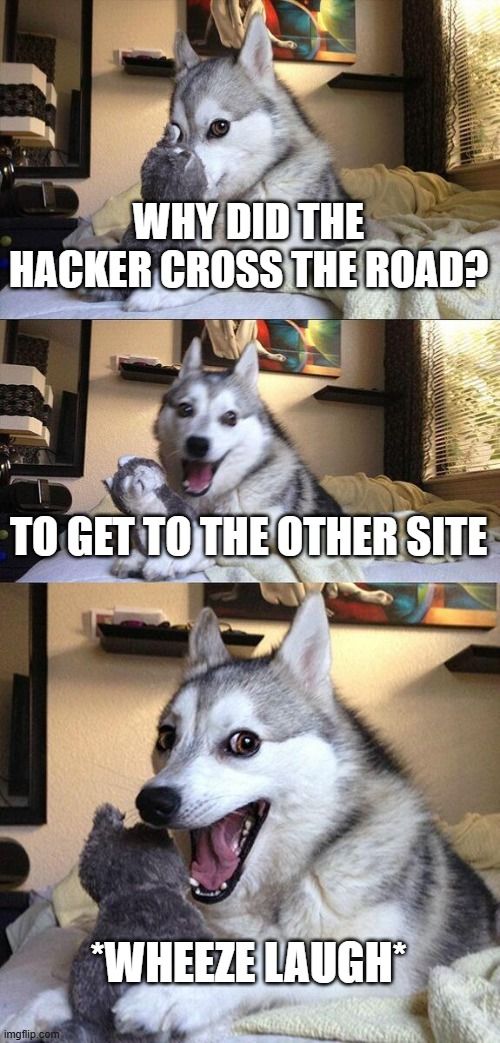
Not all hackers are bad; in fact, there are three kinds of hackers:
- White hat: Sometimes known as ethical hackers, white hat hackers work with companies to identify and prevent security vulnerabilities in the system to improve company security and meet compliance.
- Black hat: Black hats use their hacking skills for their own benefit, to steal data, passwords, install ransomware, or conduct other cybersecurity attacks that could significantly damage a company.
- Grey hat: Grey hats are the middle ground between the white and black hats. While they also aim to find security vulnerabilities in a company's system, but because they often do this without permission, their actions may be considered illegal or unethical.
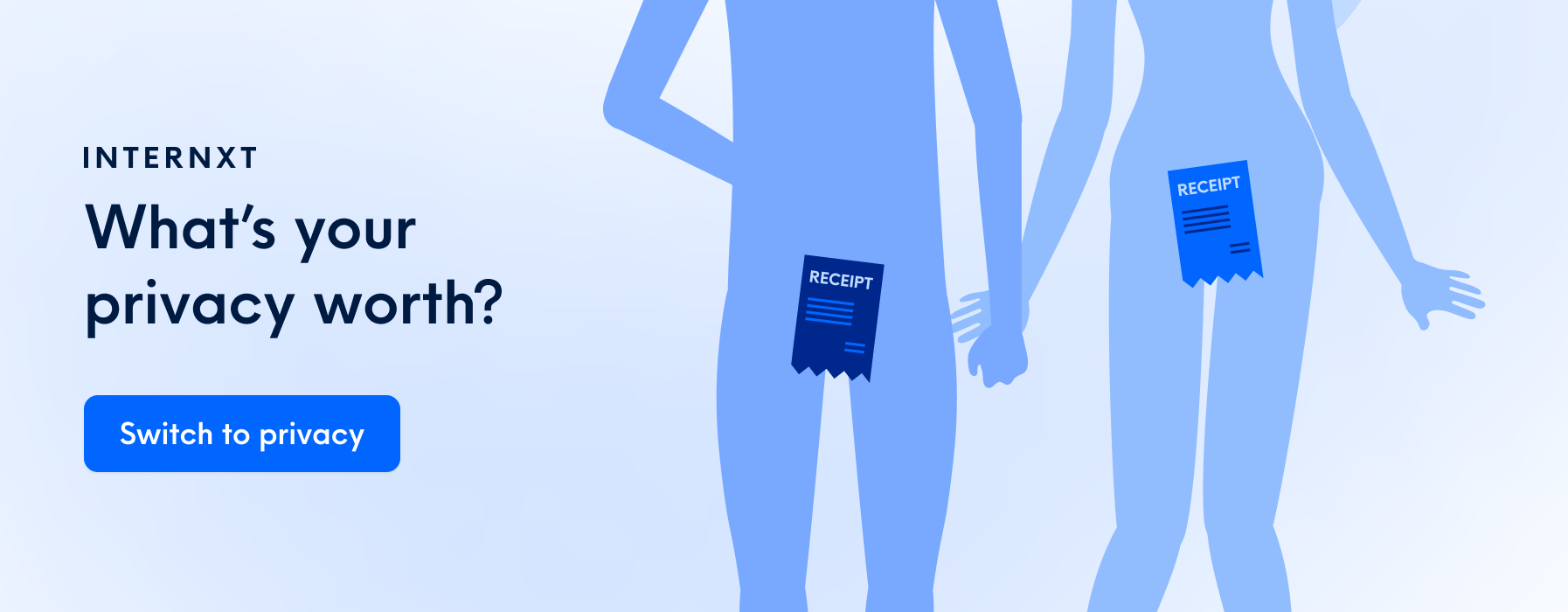
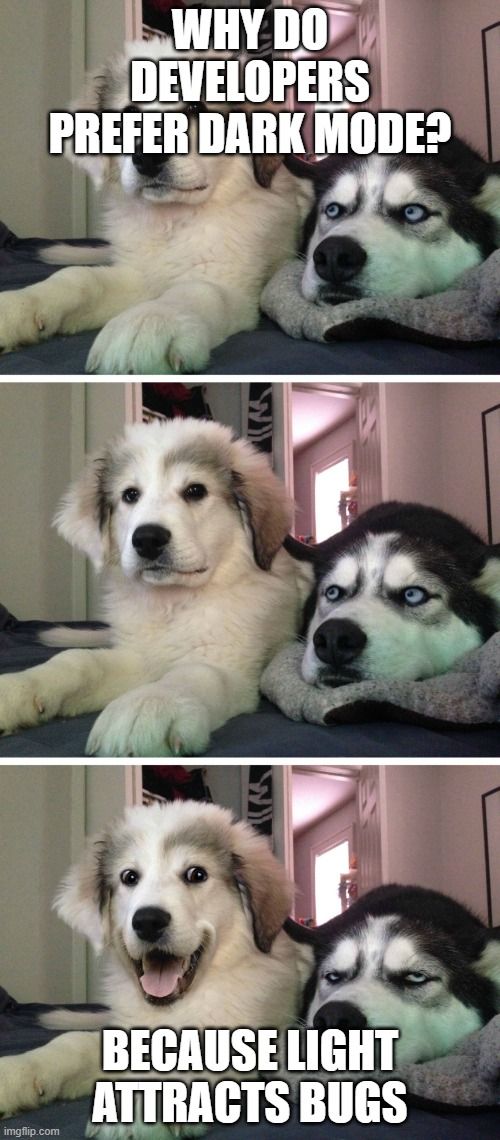
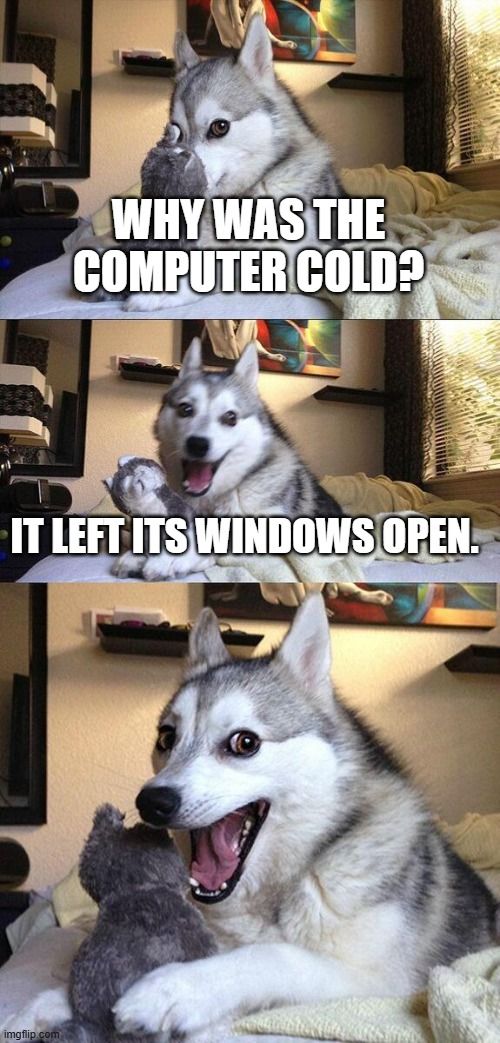

We've now entered the era of smartglasses and other technology advancements to make our lives easier. Often, though, making our lives easier online may also harm our online privacy, as is the case with AI technology such as Grok or Character AI.
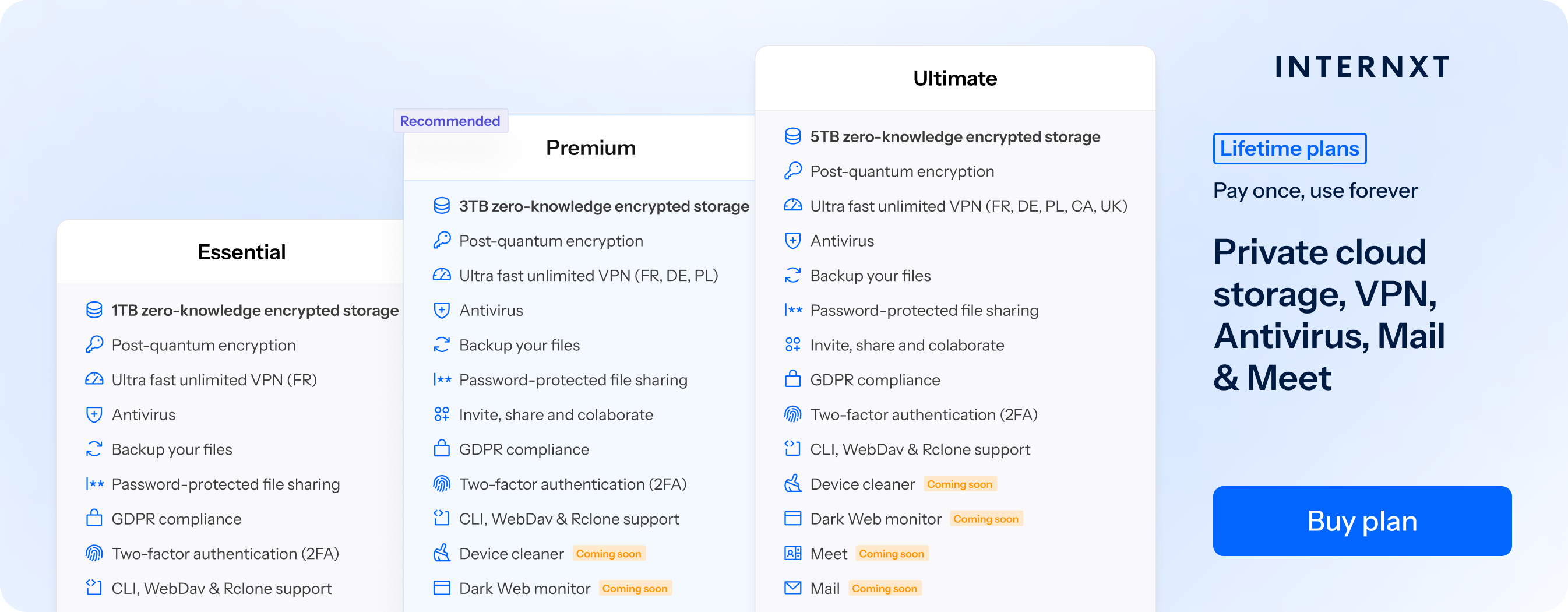
We also covered some of the tech advancements to keep an eye on in the future, which you can read more about in our cutting-edge technologies article.
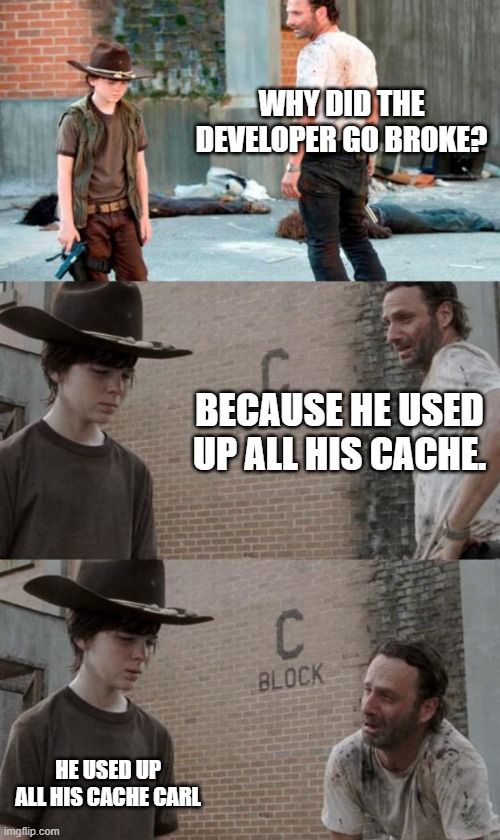
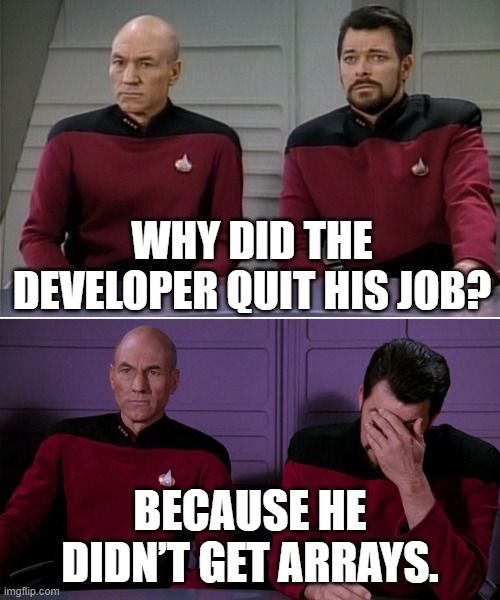
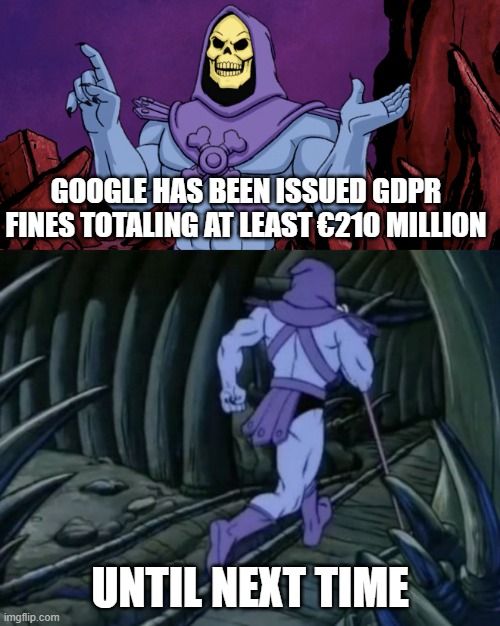
Google has paid millions in fines from the GDPR regarding its lack of respect for user privacy. Here are some of the biggest fines Google has faced:
- €50 million (≈ $57 million) – CNIL (France), January 2019, for failing to clearly inform users and obtain valid consent for personalized ads.
- €60 million – CNIL (Google Ireland Ltd.), December 2020, for placing advertising cookies without proper consent.
- €100 million – CNIL, June 2020, a related e‑Privacy fine for cookie violations.
- €150 million – CNIL, January 2022, for making it technically difficult for users to refuse non-essential cookies via dark-pattern cookie banners.
Follow us for more privacy memes!
Don't forget to follow us on social media for more updates, memes, news, and everything Internxt on Reddit, Mastodon, and Twitter!
Cheers!


